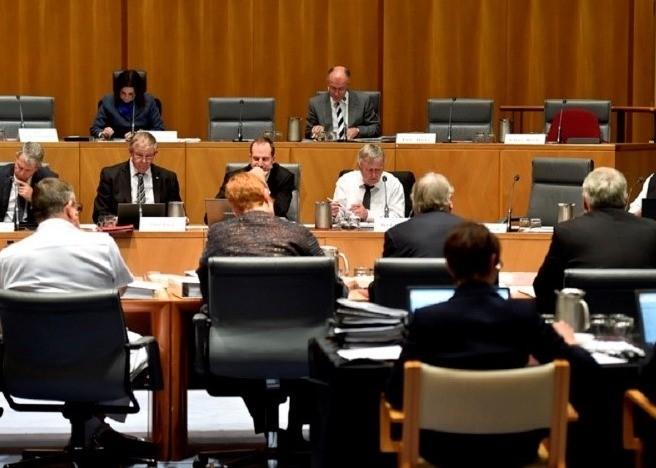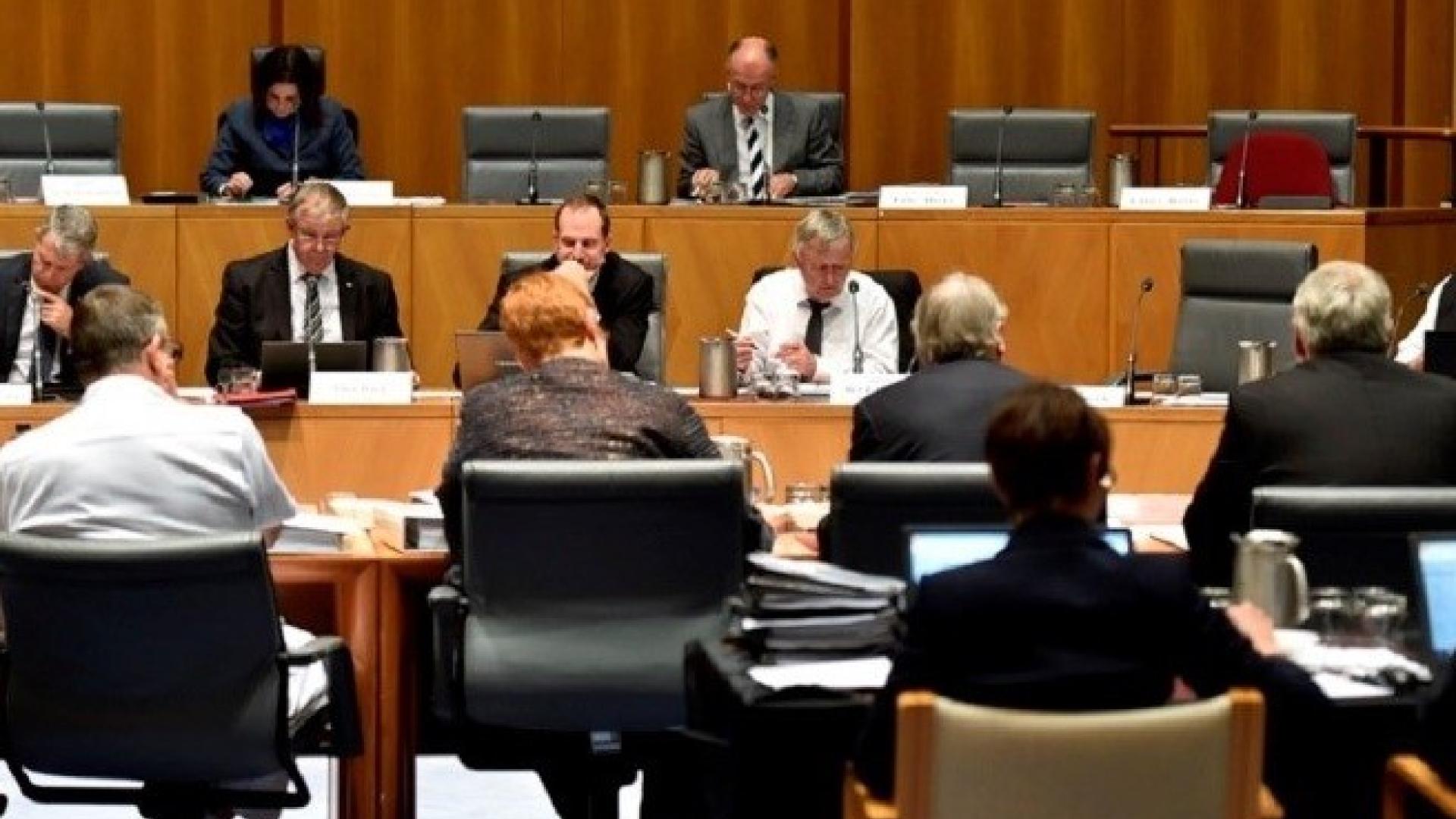By the Parliamentary Support Unit, Ministerial Support Division at the Department of Prime Minister and Cabinet
With the commencement of the 48th Parliament, it’s timely to remind ourselves of where we, as APS employees, fit within the structure of government, as well as to whom we are accountable. Such an appreciation of our role within Australia’s democratic system is important to foster an effective working relationship with government and achieve the best results for the Australian community.

Together, ministers and the APS comprise the ‘Executive’ branch of government. Under authority delegated by ministers, the role of the APS is to assist the Government to develop and deliver its policy agenda and priorities. The APS is thus accountable to ministers and, through them, to the Australian Parliament for its use of public resources.[1] The accountability of APS employees to ministers is front of mind for many of us through our day to‑ day work. Our accountability to the Parliament however, is perhaps less‑ obvious.
Under the principle of responsible government, it is the duty of the Australian Parliament to examine and scrutinise the activities of the Executive.[2] Whilst this obligation is theoretically shared by both houses of Parliament, it is principally the Senate—also known as the “house of review”—that fulfils this function. The Senate operates as a fundamental check on the power of the government of the day; scrutinising bills, delegated legislation, government policy and administration. The Senate achieves this by means of procedures in the Senate chamber itself, but also through the operation of the Senate’s extensive committee system.[3]
Broadly, the role of Senate committees is to investigate and to draw attention to what they find; delving into complex matters—such as proposed legislation or policy issues—to uncover potential problems and provide recommendations based on their findings. In effect, Senate committees help to “throw light in dark corners”, clarifying areas that might otherwise remain obscure, informing both the Parliament and the public.[4]
There are several different types of Senate committees, however the eight pairs of legislative and general purpose standing committees are considered the “engines of the Senate’s committee system”.[5] The Senate’s legislative standing committees are of particular relevance to APS officials—if not by name, then certainly by purpose. It is these eight Senate legislative committees before which senior APS officials appear three times a year for the consideration of ‘estimates'.
At Senate Estimates hearings, senior officials and their portfolio’s minister (or a representative minister) are questioned at length by Senators on the expenditure proposals of the government, as well as the operations and activities of government departments and agencies. The scope of questioning is exceptionally broad, with any questions going to the operations or financial positions of departments or agencies considered relevant.[6] Under the statutory values APS employees are required to uphold, public servants must assist ministers to fulfil their accountability obligations by providing Parliament, including its committees, with full and accurate information about the factual and technical background to policies and their administration.[7]
The Senate Estimates process provides senators, especially non-government senators, with an unmatched opportunity to gather information on the operations of government—information beyond the processes in the Senate chamber, and the facts and figures available in Budget documents and agencies Annual Reports.[8] With the above in mind, it is hopefully apparent as to why Senate Estimates is a central mechanism of government accountability, and one which APS employees are obliged to support to the best of our ability. Former Senator and President of the Senate, the Hon John Hogg, theatrically summed-up the value of Senate Estimates as follows:
|
Find out more
Talk to the Governance team at your agency to find out about internal policies. Learn more about the different Estimate committees and how you can watch Senate Estimate proceedings via the Parliament of Australia website.
[1] Australian Public Service Commission, Values and Code of Conduct in Practice, Section 1, p. 9.
[2] Parliamentary Education Office, Factsheet, Separation of Powers: Parliament, Executive and Judiciary.
[3] Parliament of Australia, Senate Brief No. 10 – The Role of the Senate.
[4] Parliament of Australia, Senate Brief No. 4 – Senate Committees.
[5] Parliament of Australia, Odgers’ Australian Senate Practice, Chapter 16, p. 475.
[6] Parliament of Australia, Odgers’ Australian Senate Practice, Chapter 16, pp. 482-483.
[7] Australian Public Service Commission, Values and Code of Conduct in Practice, Section 1, pp. 7–8, 12.
[8] Parliament of Australia, Senate Brief No. 5 – Consideration of Estimates by the Senate's Legislation Committees.
[9] Papers on Parliament No. 54, Senate Committees and Government Accountability: 40th anniversary conference, 11 November 2010, p. 17.




